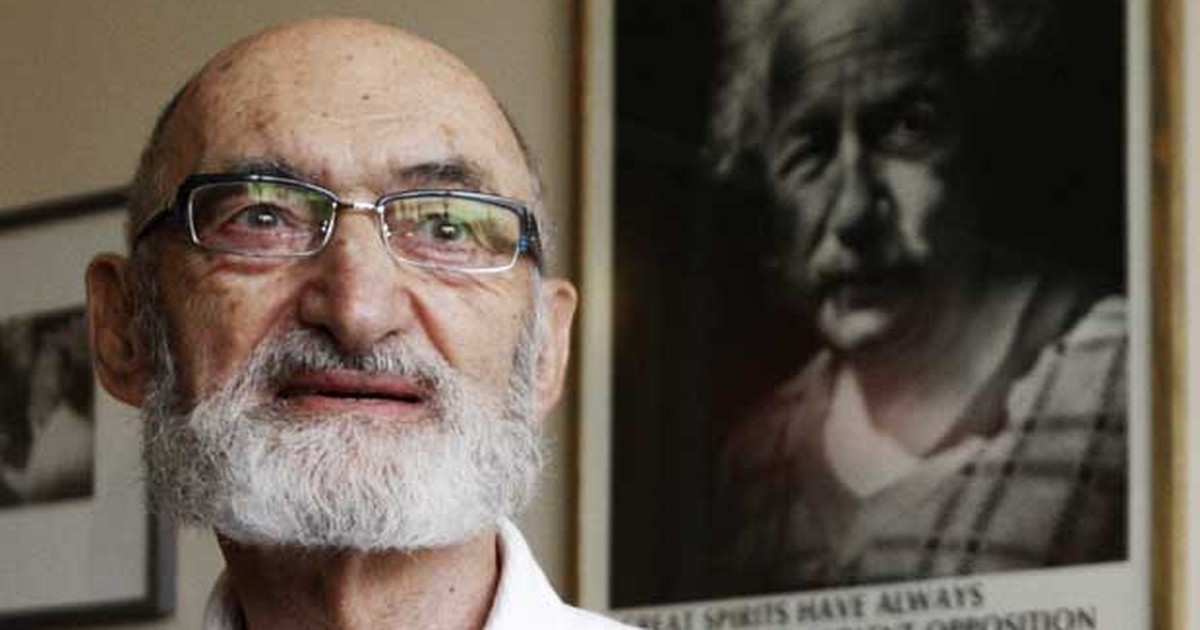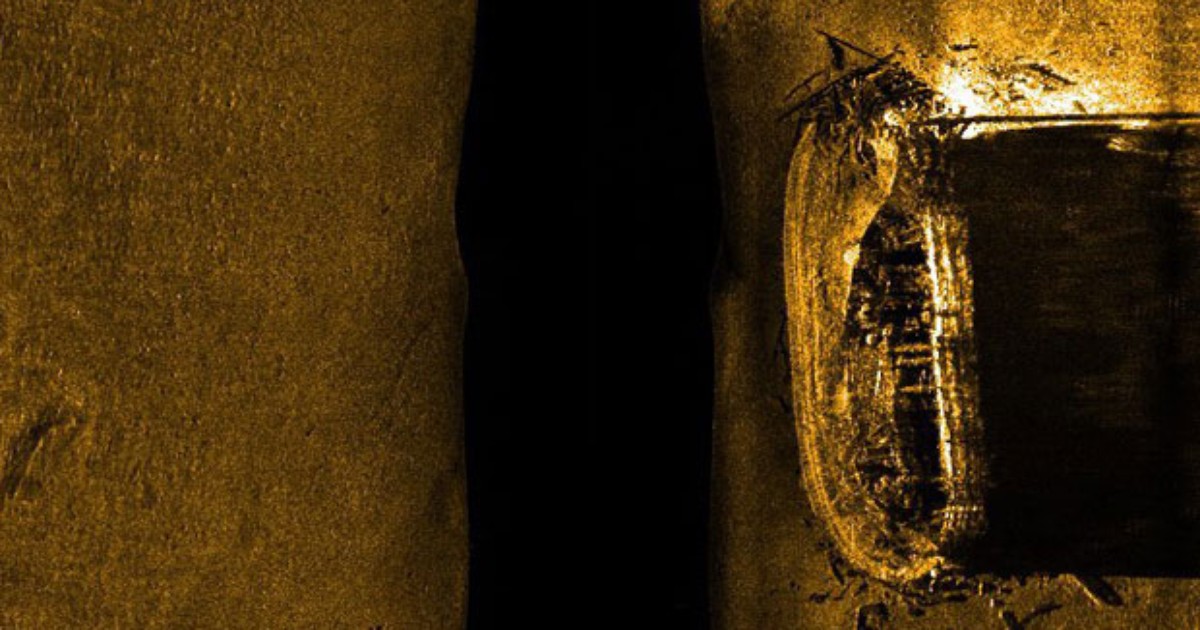In his office in Ramallah, the Palestinian lawyer Rasem Kamal has spent months assisting foreigners afflicted by the entry into force on Monday (5) of restrictive rules on entry and stay in the West Bank, imposed by Israel.
Published in February, the new rules for entering the West Bank, a Palestinian territory occupied by Israel since 1967, affect foreigners who wish to reside, work, volunteer and study there.
Entry into force was twice delayed and challenged in the Israeli Supreme Court by 19 whistleblowers. Among them, the Israeli human rights organization Hamoked, which considers the measure “extremely restrictive” and full of “invasive and superfluous” criteria.
From now on, a foreigner who wants to settle in the West Bank will not be able to obtain a visa upon arrival in the territory. You must apply 45 days in advance, specify if you have first-degree relatives in the West Bank, and indicate if you own or inherit land.
With few exceptions, he will also not be able to access the West Bank via Ben Gurion International Airport in Tel Aviv, but will have to do so via the Allenby Bridge land crossing, between Jordan and the West Bank, controlled by Israel. and where the formation of huge queues is a common scenario. .
In some cases, the new rule provides for a security deposit of up to 70,000 shekels (about $20,000) and, between the issuance of two visas, requires a break of several months out of the territory.
For all these reasons, foreigners doing business in the West Bank, including many Palestinians with passports from another country, have “run” in recent months after Rasem Kamal to make powers of attorney in favor of their relatives and thus put an end to the actions in process.
“They know that when these rules come into effect, their ability to come here may be restricted,” the lawyer explains.
– Impact on foreign couples –
The settlement will directly affect foreign companions of Palestinians residing in the West Bank, who will have to leave when their visa expires, before applying for another one a month later. This will deprive “thousands of Palestinian families of the right to live together without interruption and to lead a normal family life”, denounces the Israeli association Hamoked.
As the occupying power in the West Bank, Israel can have whatever policies it deems necessary in the name of its security and the “well-being of the local population”, according to international humanitarian law, says Jessica Montell, director of Hamoked.
“However, the new rules are not one or the other,” he says. The objective, according to her, is to “slow down the growth of the Palestinian population through family reunification” and to prevent the “permanence” of foreigners in this territory which has 2.9 million Palestinians and 475,000 Israeli settlers.
– Education and health, also affected –
In addition, the “draconian” measures of the new regulations will have “a serious impact on humanitarian work”, points out the Canadian doctor Benjamin Thomson, director of the “Keys of Health” project, and who is one of the whistleblowers who have made call for justice. .
“The new rules will prevent many health professionals from entering the West Bank”, says AFP, which denounces the “uncertainty” concerning the granting and renewal of visas for its organization, which works to train Palestinian doctors .
Asked by AFP, Cogat, the body of the Israeli Ministry of Defense which supervises the civil authorities in the Palestinian territories, explained that the measures will make it possible to manage visa applications “in a more efficient way and adapted to changing conditions. from the moment”. .
Cogat stressed that, “for the first time”, the visa policy for teachers, students and other residents is clearly formulated, and explained that the device will be tested for two years.
In turn, the new rules also affect the European Erasmus+ educational exchange program, imposing quotas on the number of university professors (150 per year) and students (100) in Palestinian universities.
In 2020, 366 students and teachers from European Union countries participated in the academic year in these centers.
On the other hand, 1,803 Israeli students and professors were in European universities that same year.
“Israel benefits to a large extent from the Erasmus+ program, which is why the European Commission believes that it should facilitate, not complicate, students’ access to Palestinian universities,” the European Commissioner for Education said in July. , the Bulgarian Mariya Gabriel.
gb-cgo/gl/avl/me/rpr
© Agence France-Presse

“Typical thinker. Unapologetic alcoholaholic. Internet fanatic. Pop culture advocate. Tv junkie.”







